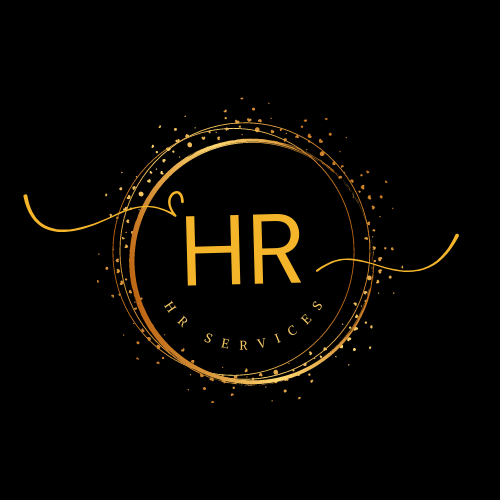
We want to provide services to support the company’s existing HR Department and/or provide an external substitute in lieu of an employee appointment.
The service is best provided when a retainer agreement is in place. Terms and conditions for this retainer agreement would exist in a signed service level agreement (SLA).
Human Resources (HR) is the department in a company that is responsible for all employee-related matters. This includes recruiting, hiring, onboarding, training, and developing employees; managing compensation and benefits; ensuring compliance with employment laws; and resolving workplace disputes. HR also plays a role in developing company culture and creating a positive work environment.
Here are some of the key responsibilities of HR:
- Recruiting and hiring: HR is responsible for finding and hiring the right people for the job. This includes identifying job openings, sourcing candidates, screening resumes, conducting interviews, and making hiring decisions.
- Onboarding: HR is responsible for onboarding new employees, which includes providing them with the information and resources they need to be successful in their role. This includes orientation, training, and setting expectations.
- Training and development: HR is responsible for providing employees with the training and development they need to grow and develop in their careers. This includes both formal training programs and informal coaching and mentoring.
- Compensation and benefits: HR is responsible for developing and administering the company’s compensation and benefits programs. This includes setting pay levels, determining benefits eligibility, and processing payroll.
- Compliance: HR is responsible for ensuring that the company complies with all applicable employment laws. This includes laws related to discrimination, harassment, wage and hour, and safety.
- Employee relations: HR is responsible for resolving workplace disputes and ensuring that the company has a positive work environment. This includes handling complaints, mediating disputes, and providing conflict resolution training.
HR plays a vital role in any company. By effectively managing its employees, HR can help the company achieve its business goals.
Here are some of the benefits of having a strong HR department:
- Increased productivity: A well-managed workforce is more productive. This is because employees are more engaged and motivated when they feel valued and supported by their employer.
- Reduced costs: A strong HR department can help to reduce costs by ensuring that the company is compliant with employment laws and by managing employee benefits effectively.
- Improved employee morale: A positive work environment leads to improved employee morale. This is because employees are more likely to be happy and engaged when they feel valued and respected by their employer.
- Enhanced company culture: HR can help to create and maintain a strong company culture. This is because HR is responsible for developing and implementing policies and procedures that promote the company’s values.

HR/IR
HR Management (Retainer)
Disciplinary Hearings

Recruitment & Payroll
Recruitment
Payroll
Personality indexing (Master Accredited Enneagram Practitioner)
Polygraph

Reward & Discipline
Employee Management (KPI & OKR)
Discipline (Counselling & Coaching)

Documents & Policy
Drafting internal documents
Drafting policy documents
SOP’s
Forms
Document Controls (Retainer)
Document Management (Retainer)
